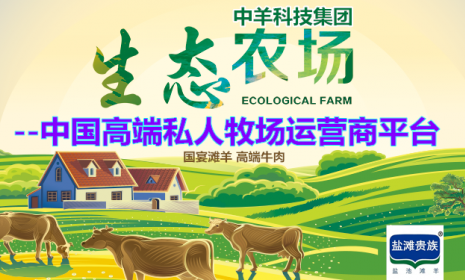近日,华中农业大学经济管理学院陈轩教授、施龙中副教授以及南京财经大学陈波副教授以“Covid-19-tested food labels”为题在国际期刊Canadian Journal of Agricultural Economics发表研究成果。研究发现,在新冠疫情期间,我国消费者对新冠检测食品标签有较高的支付意愿,该支付意愿与标签的设立机构、食品的来源国以及消费者的人口统计特征相关。此外,研究发现消费者对新冠防疫手段的了解对该支付意愿没有显著影响。
在新冠疫情期间,由于感染新冠的成本较高,我国消费者广泛展现出通过食品感染新冠的担忧。通过对我国消费者的网络问卷调研,采用选择实验方法,研究团队定量估算了消费者对新冠检测食品标签的偏好和支付意愿,并进一步细分不同标签设立机构、食品来源国对该支付意愿的影响。研究发现相较于其他机构设立标签,消费者更偏好政府设立标签,并且相较于进口食品,更偏好国产食品。团队进一步通过影响消费者对新冠疫情的担忧,探究消费者对新冠防疫手段的了解对该支付意愿的影响,进而细分市场,探究不同人口统计特征消费者对该标签偏好的异质性,最后通过一系列情景假设以及模拟,分析设立该标签的成本收益,发现设立该标签对消费者和生产者都可能带来收益。
本研究丰富了新冠疫情下食品安全的研究内容,为政府和食品产业的相关从业者提供在新冠疫情下减轻消费者食品安全担忧的途径,并且为以后可能发生的类似大型公共卫生问题下食品安全的管理提供启示。
经济管理学院施龙中副教授为论文的第一作者,经济管理学院、双水双绿研究院的陈轩教授为通讯作者。南京财经大学的陈波副教授参与了本研究。
【英文摘要】
While the transmission of virus SARS-CoV-2 via food is rare, some Chinese food retailers are considering a Covid-19-tested food label. However, how consumers may support such a label is unknown. We quantify Chinese consumers' willingness to pay (WTP) for food carrying a Covid-19-tested label using an online choice experiment. We find that the WTPs for such a label are always positive for all food products considered. The amount of WTP depends on the entities authenticating the labels, country of origin of the food, and consumers' socio-demographic status. Contrary to expectation, the knowledge on Covid-19 does not affect consumer preferences for the Covid-19-tested food labels. Our benefit and cost analysis suggests a possible large benefit of creating and administering a Covid-19-tested food label. This study provides insights for policymakers, global food manufacturers, and retailers to create marketing strategies to alleviate consumer food safety concerns associated with Covid-19.
原文链接:https://onlinelibrary.wiley.com/doi/10.1111/cjag.12327
日期:2023-05-07


















